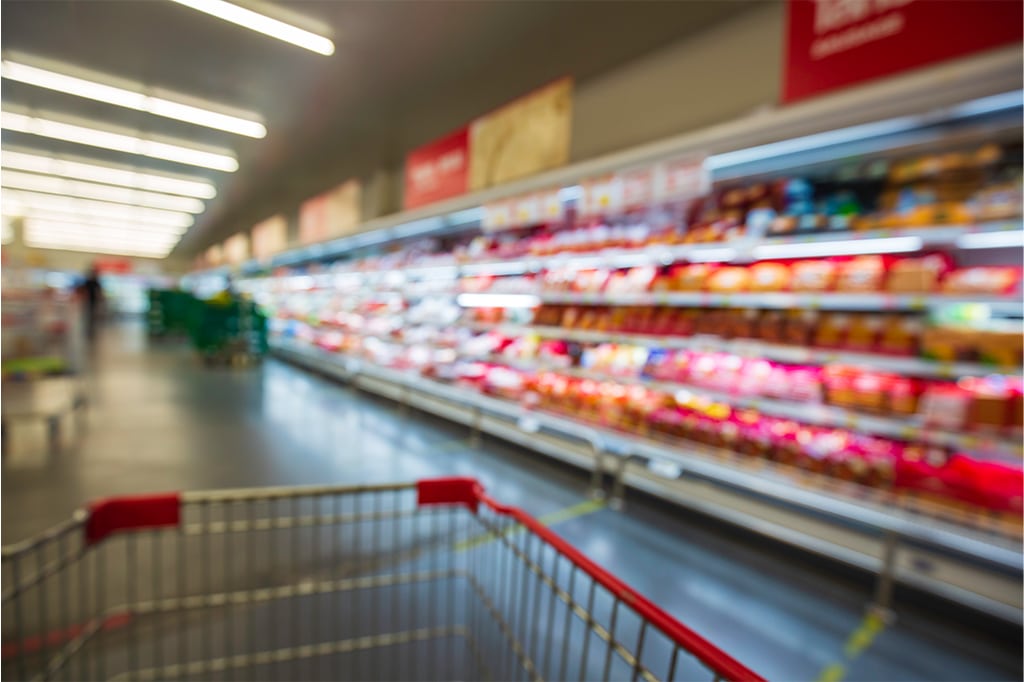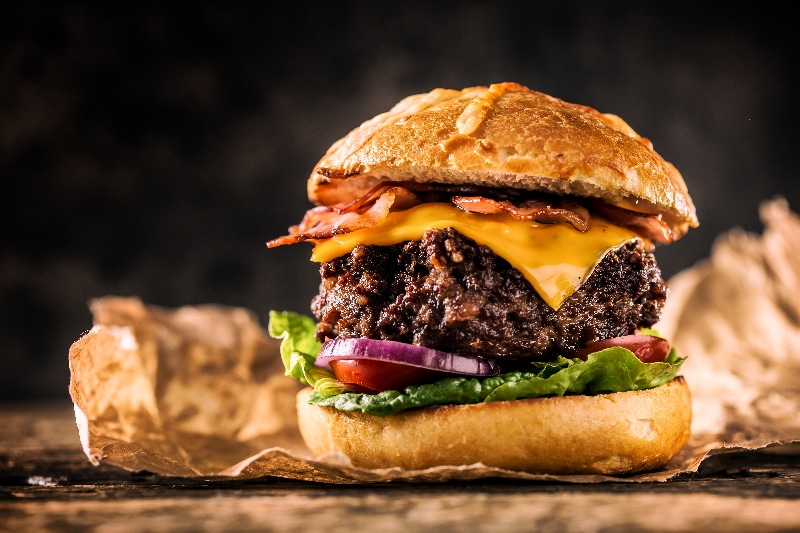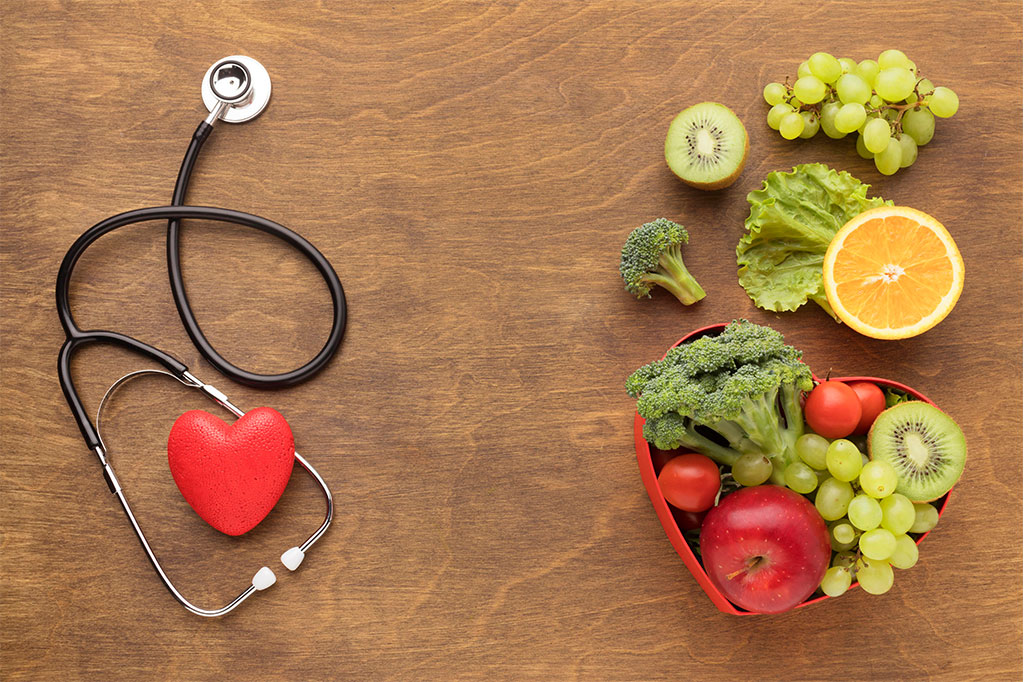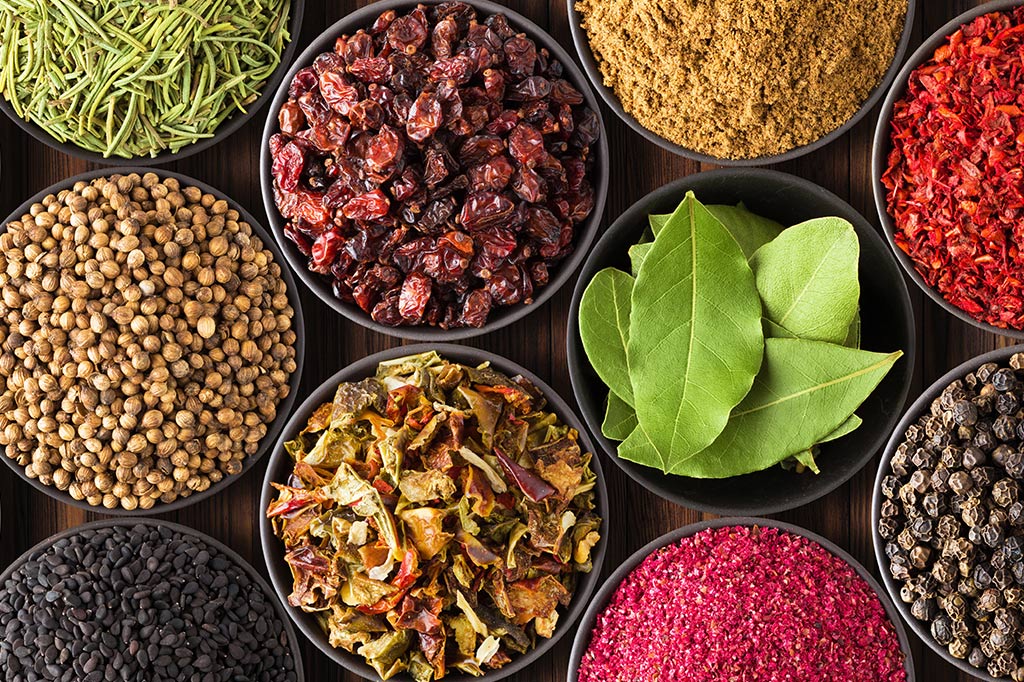This 2022 is the new German government’s first in power, and with its arrival a lot of animal welfare and environmental commitments.
With the attention to improve the treatment of animals within the food chain, Germany is planning to introduce a compulsory animal welfare labels added on meat products and to enhance the sustainability of its agriculture and food industries by focusing on plant-based meat alternatives.
The new German government constituted by The Social Democrats (SPD), Greens, and Free Democrats (FDP) unified into a coalition to form the new government. Together, they pledged to develop agricultural methods that do “justice to the environment, animals, and the climate.”
The new mandatory “animal husbandry” labels will include “comprehensive origin” information and will include how the animal was treated during its growth, transport and slaughter.
The new government will support the farmers updating their practices “in a manner that is appropriate to the species.”
The amount of antibiotics used will be monitored and reduced, and transporting live farm animals to third countries outside of the EU will be forbidden. The only exception will be if the routes have “proven animal welfare-friendly supply facilities.”
The new coalition will also put forward a roadmap to reduce animal experiments, including the research and development of animal-free alternatives.
Furthermore, the government will back the European ban on breeding of fur animals.
The German government plans to develop a new national food strategy by 2023 concentrated on and aligned with the recent dietary trends across the country.
Germany’s plant-based meat industry keeps growing and producing 40% more faux-meat alternatives than the previous year .
Also advertising food with high ammounts of salt, fat, or sugar content to children under 14 will no longer be allowed next year. And the government promises to develop “scientifically sound reduction targets” for salt, fat, and sugar. These will be customized to cater to specific target groups, it says.
The country is moving towards organic foods too. By the end of the decade, Germany intends to make 30 percent of its farming organic. This is up from the EU’s own target of 25 percent.
Additional financial support will be offered to farmers to transition to organic farming practices.
Sustainable agriculture
The deal also notes that meeting the Paris Agreement’s climate goals is the coalition’s “top priority.” It highlights deforestation, biodiversity loss, poaching, and species extinction as key focuses.
This ties into the new government’s aim to “significantly reduce” emissions – namely methane and ammonia. It hopes to secure climate neutrality by the middle of the century.
“Sustainable agriculture serves the interests of farms, animal welfare, and nature at the same time and is the basis of a healthy diet,” the deal reads.








